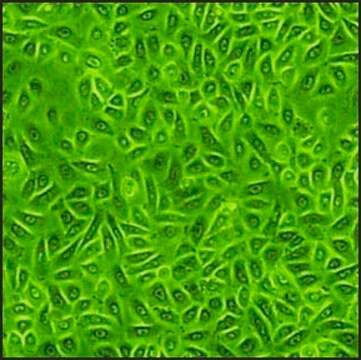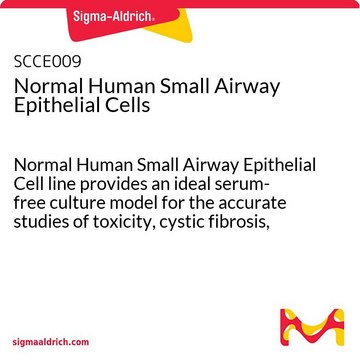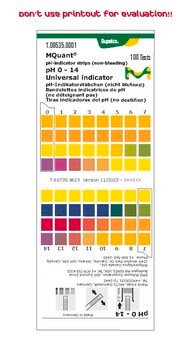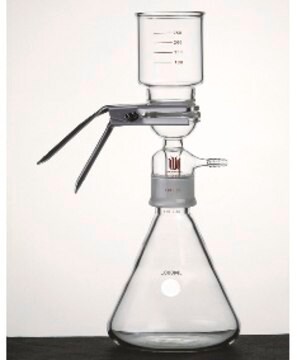C-14001
Normal Human Epidermal Keratinocytes (NHEK)
Juvenile foreskin, single donor, 1 million cells per pellet
About This Item
Recommended Products
biological source
human foreskin (juvenile epidermis)
packaging
pkg of 1,000,000 cells
morphology
(epidermal)
application(s)
cell analysis (DNA, RNA, and protein)
shipped in
dry ice
storage temp.
−20°C
General description
Cell Line Origin
Application
Quality
Warning
Physical form
Subculture Routine
Other Notes
Legal Information
Disclaimer
Storage Class Code
12 - Non Combustible Liquids
WGK
WGK 1
Flash Point(F)
Not applicable
Flash Point(C)
Not applicable
Regulatory Listings
Regulatory Listings are mainly provided for chemical products. Only limited information can be provided here for non-chemical products. No entry means none of the components are listed. It is the user’s obligation to ensure the safe and legal use of the product.
EU REACH Annex XVII (Restriction List)
Choose from one of the most recent versions:
Certificates of Analysis (COA)
It looks like we've run into a problem, but you can still download Certificates of Analysis from our Documents section.
If you need assistance, please contact Customer Support.
Already Own This Product?
Find documentation for the products that you have recently purchased in the Document Library.
Articles
Primary human keratinocytes and serum-free keratinocyte growth media for the feeder cell-free in vitro cultivation of epidermal keratinocytes. Protocols for handling, cell passaging, media, and product use.
Our team of scientists has experience in all areas of research including Life Science, Material Science, Chemical Synthesis, Chromatography, Analytical and many others.
Contact Technical Service





